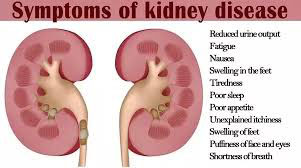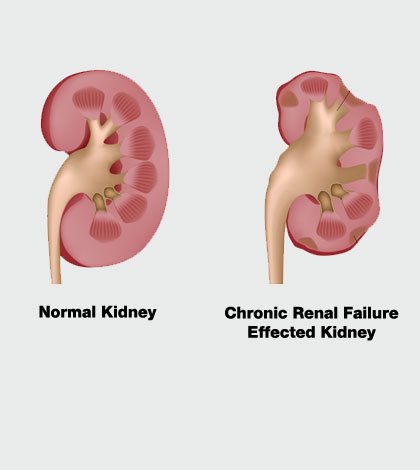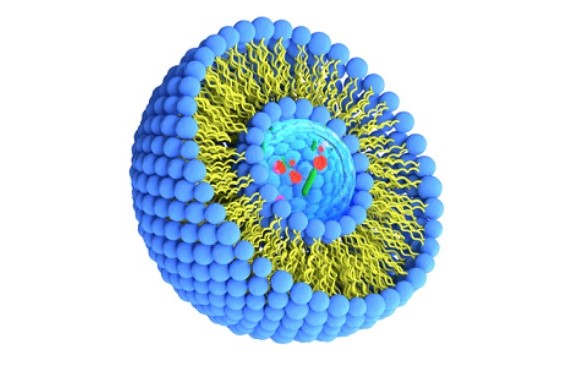
When you get sick with chronic kidney disease, you might think that your illness would go away after a while
However, the problem here is that you may actually be getting worse. You have a number of possible explanations for this, but let's consider one of the most likely ones.
You probably have two kidneys, in fact, situated just under the rib cage, just above the diaphragm. Each of them is roughly the same size as your fist. These small structures called neuron membranes are located within each kidney and they actively filter the fluid that passes through them. These tiny structures break down the chemical substances that the kidney makes during normal kidney function. They do not work properly if they cannot absorb the right amount of fluids.
The kidneys are designed to do their job by filtering all of the water that passes through the body. It does this by passing filtered water through the kidneys' filter material. The substance that the kidneys use to filter out these substances is known as albumin. Albumin breaks up into protein fragments that are then passed through the urinary tract. The proteins that the kidneys make end up back in urine. The kidneys filter out these nutrients, which helps to keep the kidneys healthy and functioning properly.
If there are too few neuron membranes to filter out the nutrients, your kidney may not have enough of the substance to help keep it healthy and functioning properly. The result is that the kidney isn't getting the amount of fluid that it needs to do its job. If you suffer from chronic kidney disease, this could mean that your kidneys don't have the necessary amount of fluid in order to help them keep working properly. When this happens, the kidneys are able to make more protein fragments and pass them into urine, instead of staying in the urinary tract where they are supposed to be.

If you have kidney disease and you're not receiving the fluids your kidneys need to keep them healthy, the result could be that you experience pain or other symptoms. If you're having any of these symptoms, you should visit your doctor right away and see if you have a medical problem that could be the cause of the pain. This is the first thing you should do if you suspect you may have kidney disease or if your symptoms sound like they're related to kidney disease.
Kidney disease doesn't always show itself in symptoms, however. Sometimes, you might never notice that you're having problems with your kidneys at all. Other times, you'll find that the problem is so severe that you have to take pain medication just to move around. Chronic kidney disease can lead to problems that range from severe dehydration to organ failure.
Your kidneys will often need to be treated on their own, without the need for a medical intervention
There are a few treatments available for kidney disease that can relieve the discomfort that your kidneys are experiencing and ease some of the other symptoms. If the kidneys are too sick to do their job, dialysis may be the best option. This treatment involves removing fluid and wastes from the kidney via a machine.
If dialysis isn't enough to bring your kidneys back to health, surgery may be an option. This process involves replacing the damaged kidney with a new one. It may also be used to remove any kidney that is diseased or that has cancerous growths in it. There are a number of other types of treatments available for chronic kidney disease, including a combination of dialysis and surgery, but these are the two most common options.
